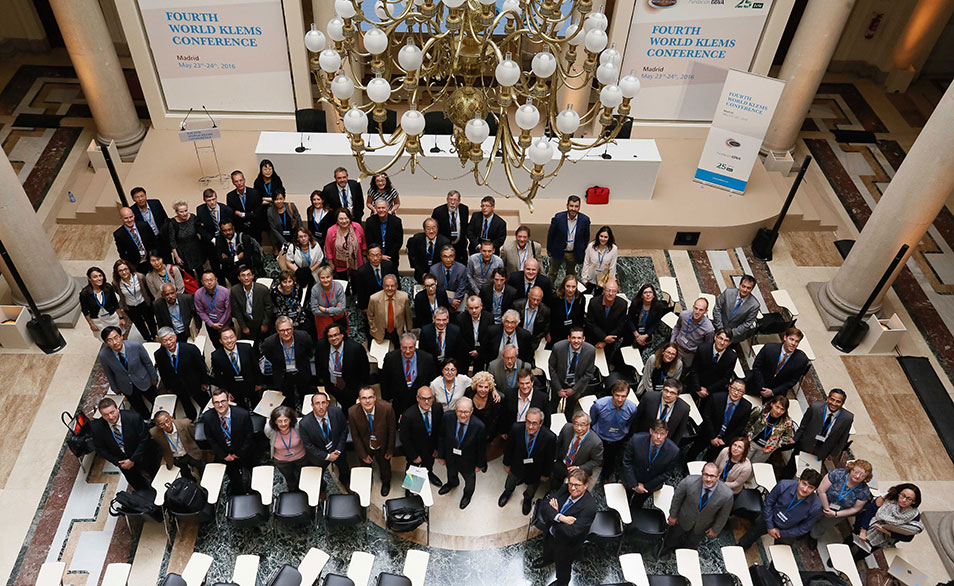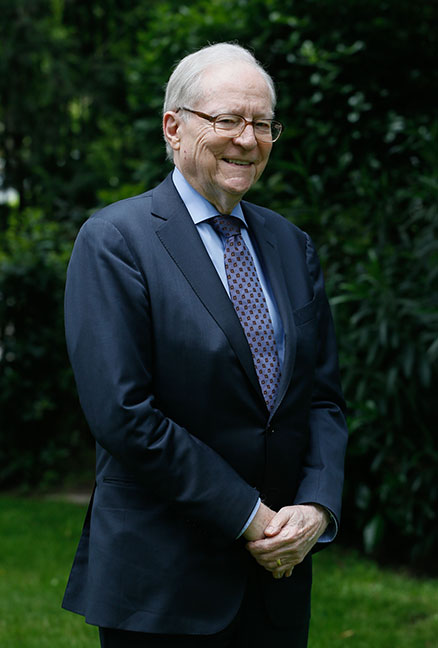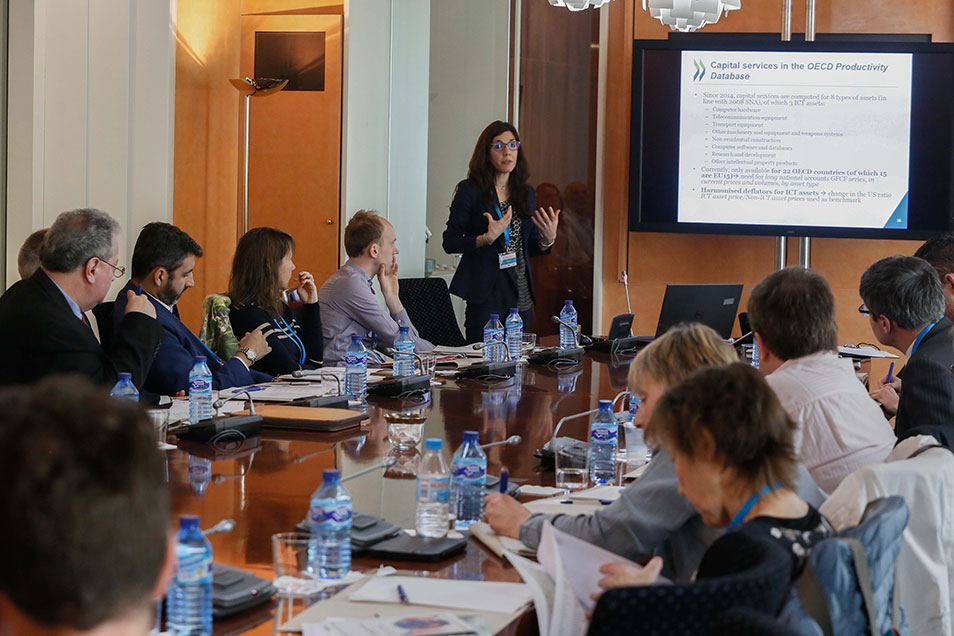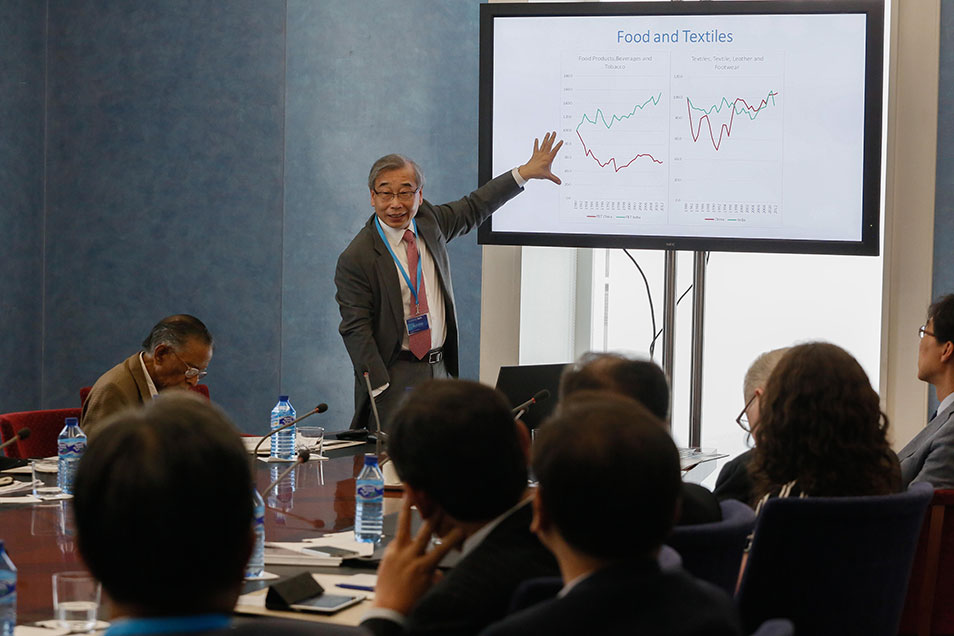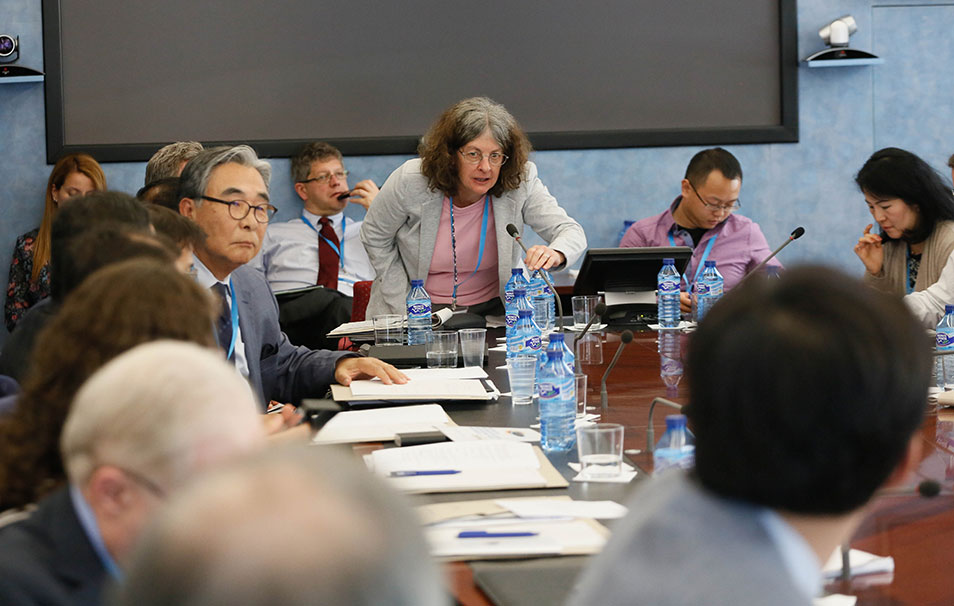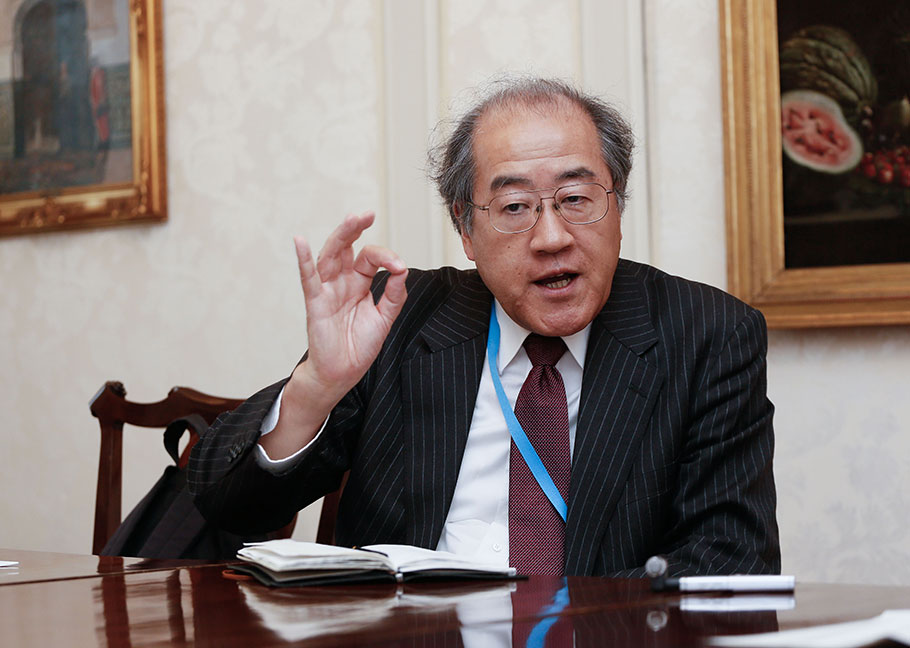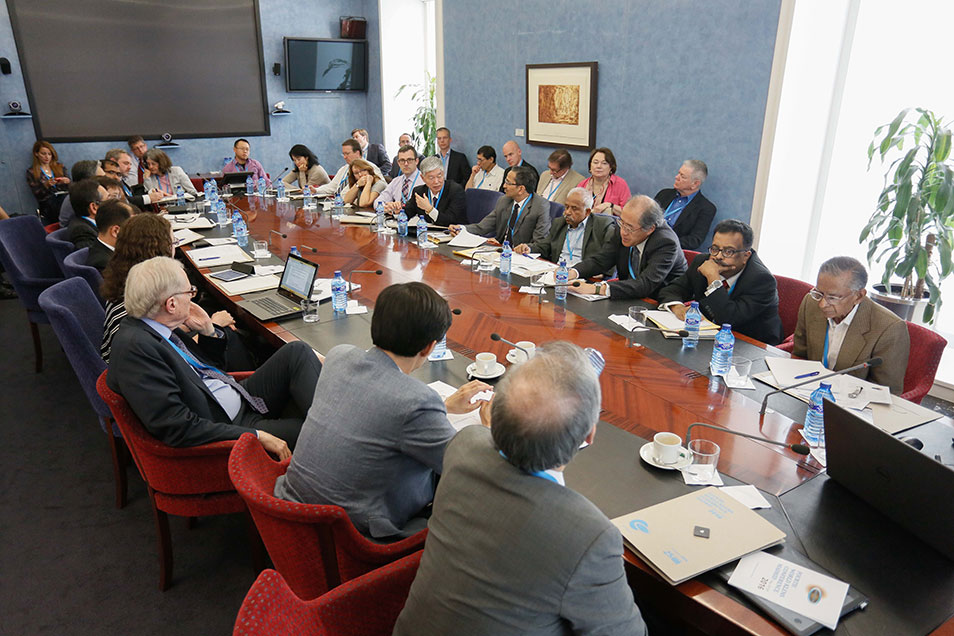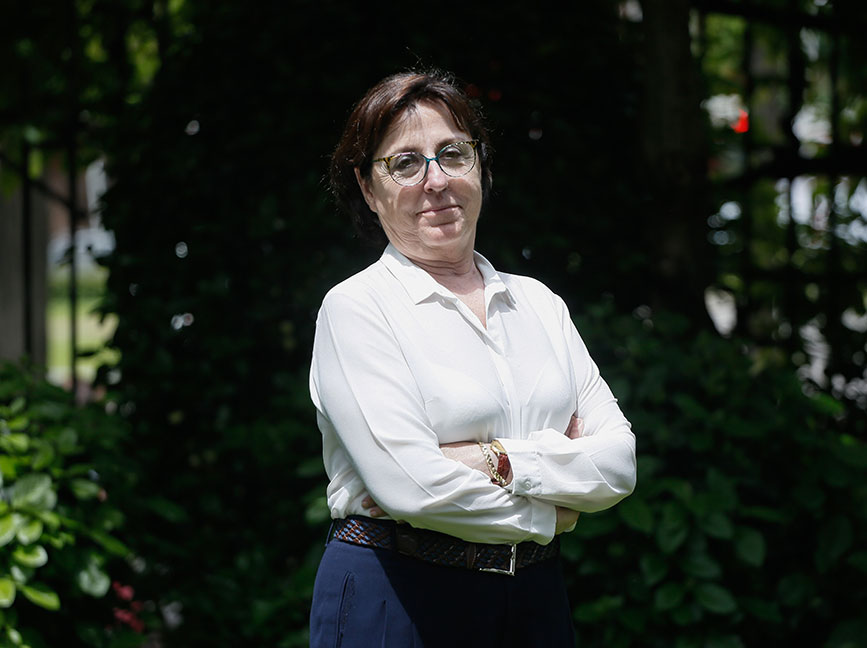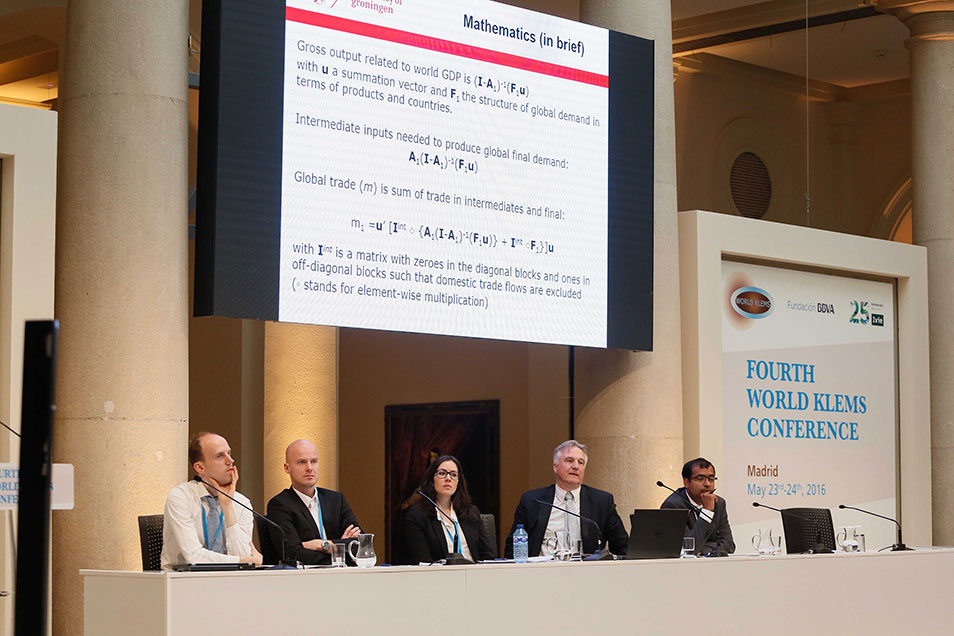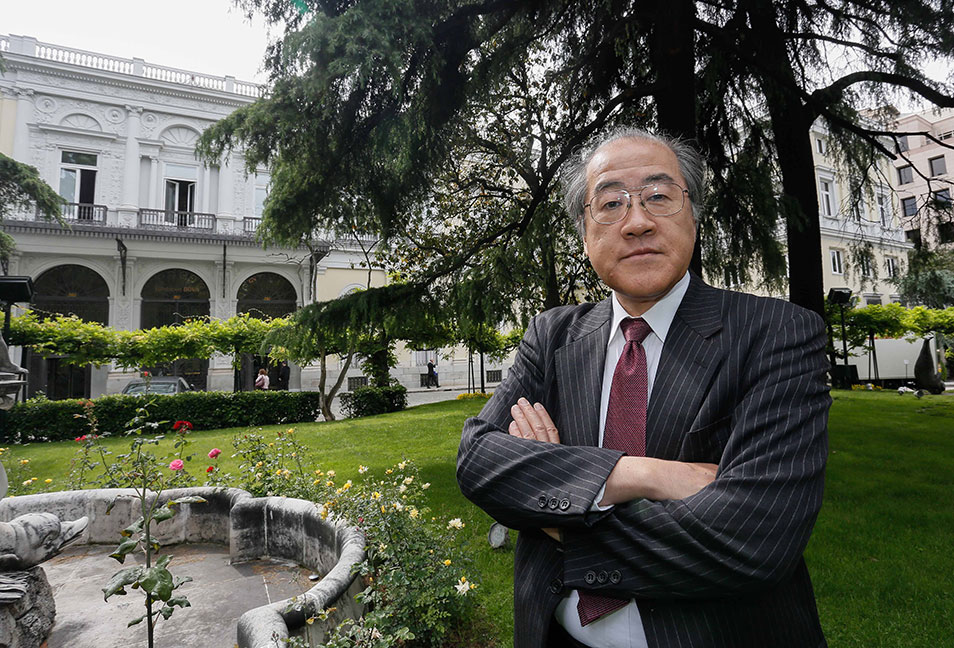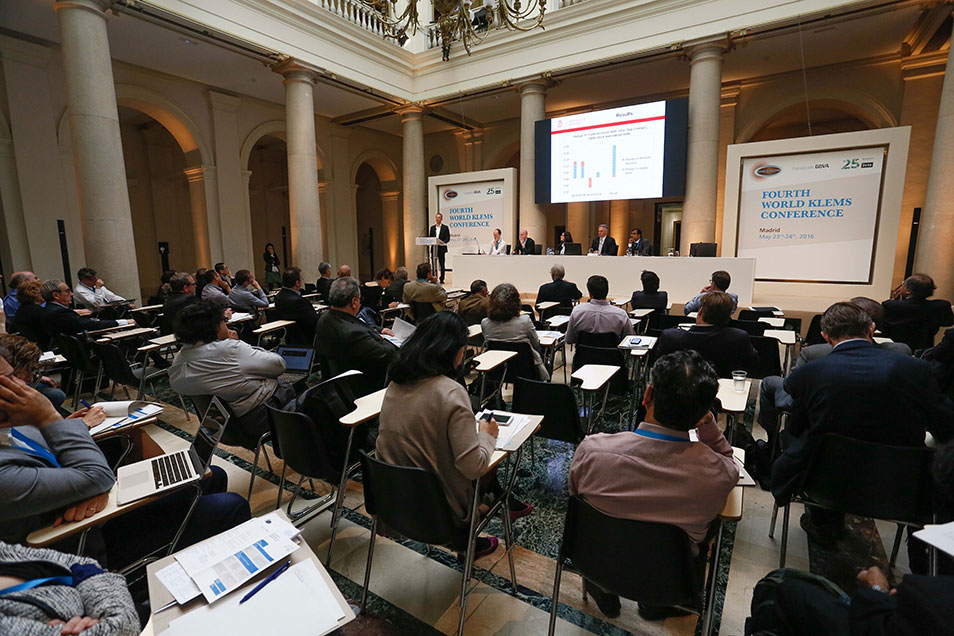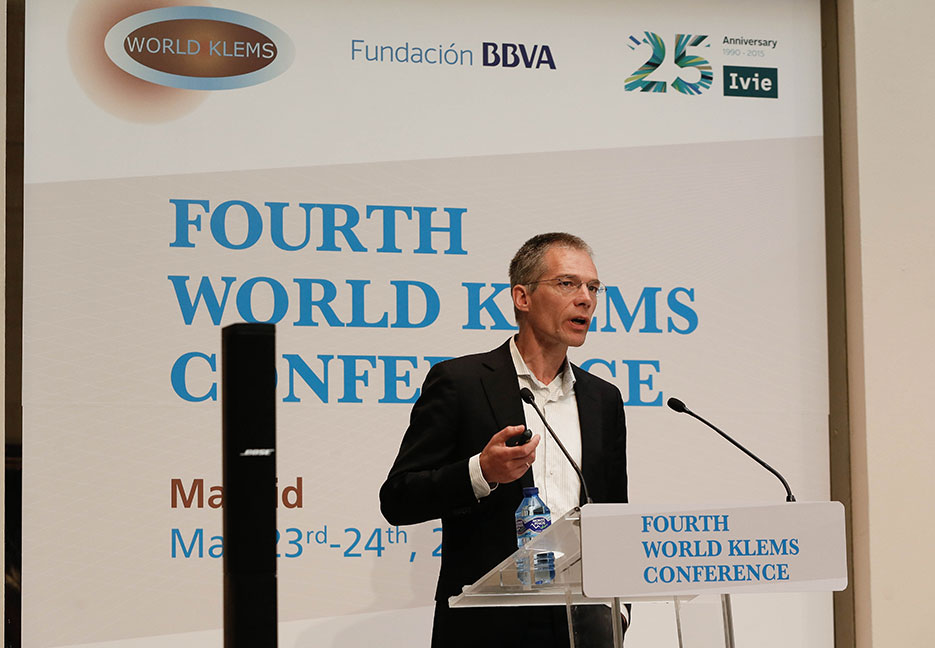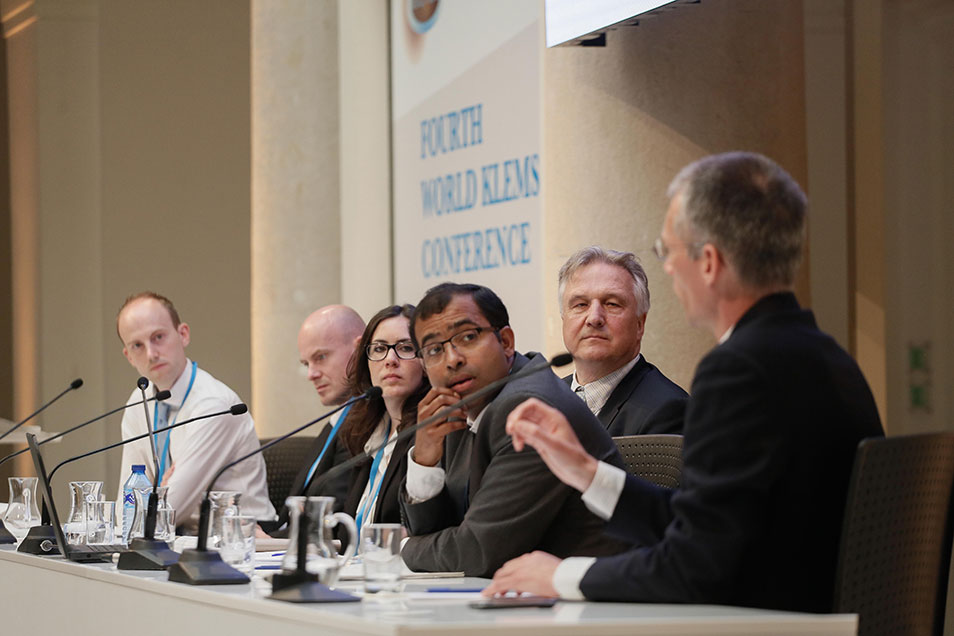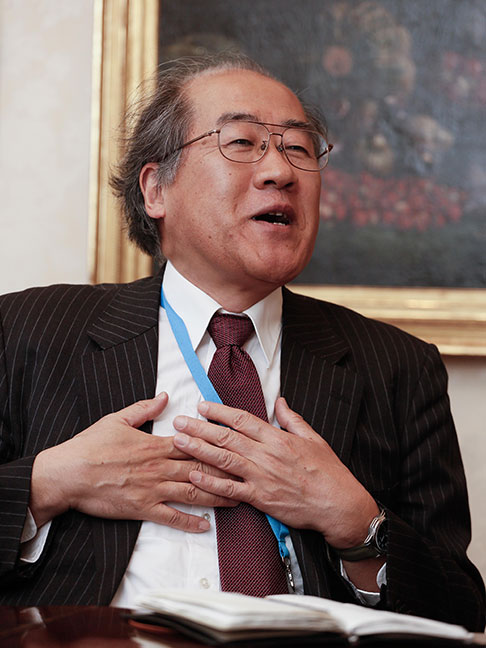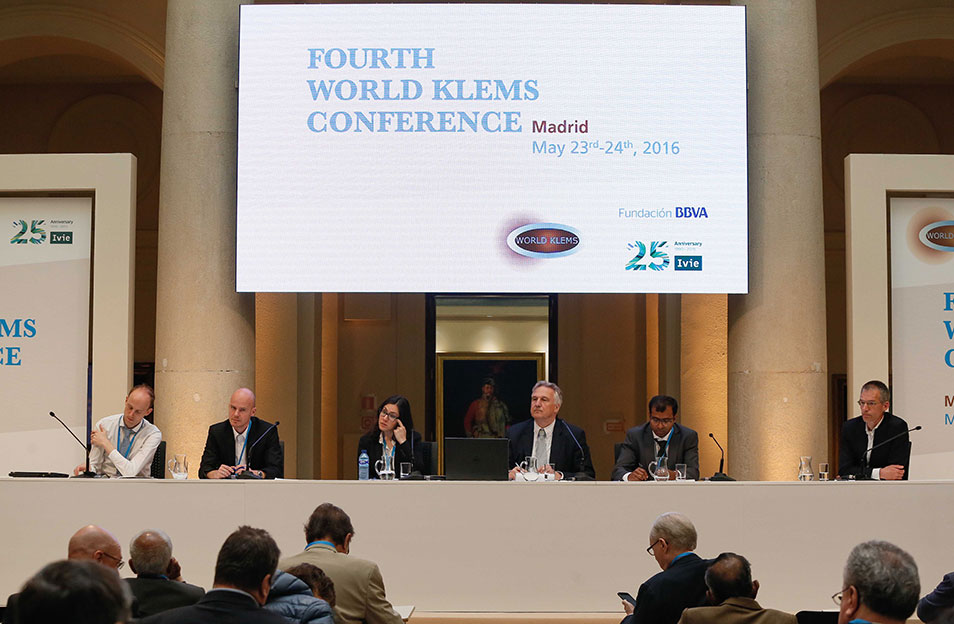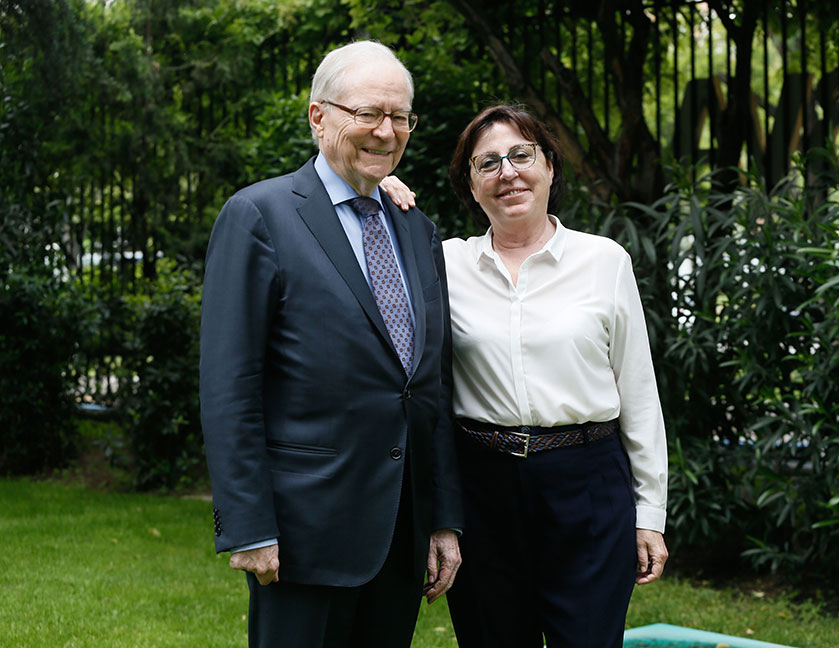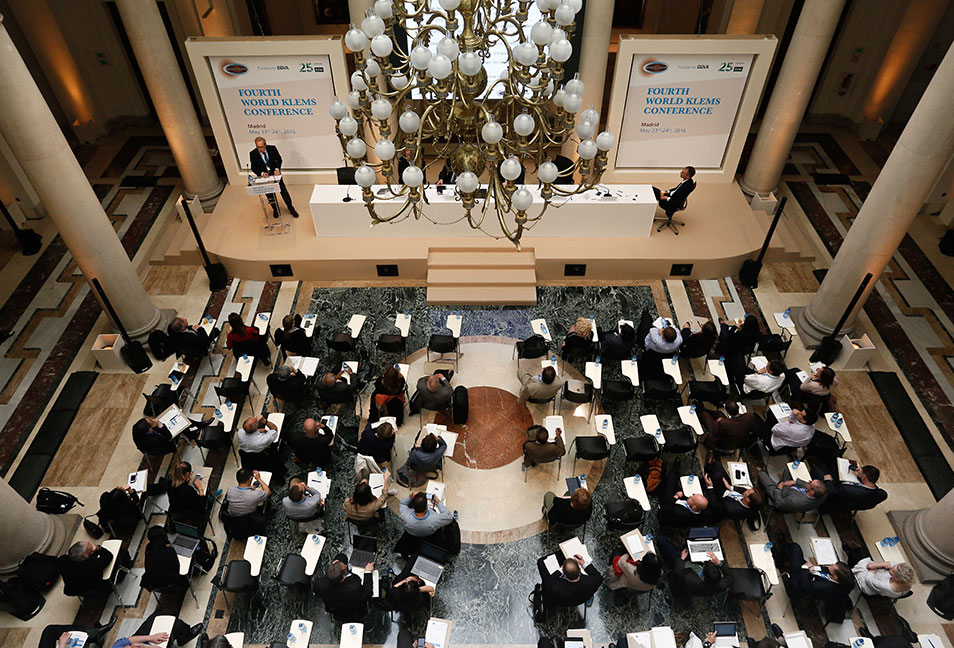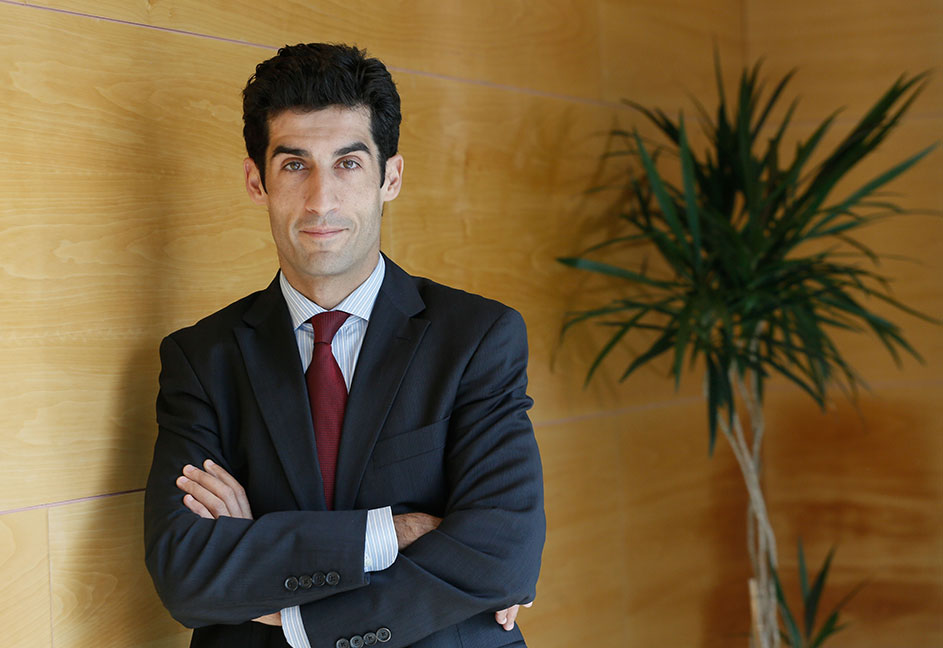The Ivie participates in the 4th World KLEMS Conference, an initiative based on the analysis of the prospects of growth in the world economy
The fourth edition has been organized jointly by Harvard University and the Ivie
On May 23 and 24, the 4th World KLEMS Conference was held at the BBVA Foundation headquarters in Madrid. The organizing committee was formed by Dale W. Jorgenson (Harvard University), Kyoji Fukao (Hitotsubashi University), Marcel P. Timmer (University of Groningen) and Matilde Mas (Universitat de València and Ivie). More than 80 researchers from around the world gathered to analyze the patterns of economic growth in different world regions and to give solutions on how to improve productivity and the well-being of the countries.
The World KLEMS initiative was established with the first conference held at Harvard University (Cambridge, MA) in August 2010, in which Ivie researchers, Matilde Mas, Francisco Pérez and Javier Quesada, participated. Thus began Ivie’s collaboration in this international network to extend the KLEMS framework to major developing economies in transition such as Argentina, Brazil, Chile, China, India, Indonesia, Mexico, Russia, Turkey and Taiwan.
The 4th World KLEMS Conference analyzed the recent progress in the development and application of sectoral datasets on output (Y), inputs of capital (K), labour (L), energy (E), materials (M), services (S) and productivity.
In its fourth edition, the World KLEMS Conference included an ‘Open Session’ for specialized public which took place on Tuesday, May 24. The title was “Europe's Performance and Trends of the World Economy” with Professor Dale W. Jorgenson from Harvard University and José Manuel González-Páramo, BBVA Director of Global Economics, Regulation and Public Affairs, as main speakers. Participants of the round table "The Future of Europe from an International Perspective" were Matilde Mas (Universitat de València and Ivie), Ángel Melguizo (OECD), Bart van Ark (University of Groningen and The Conference Board), Kyoji Fukao (Hitotsubashi University) and Marcel P. Timmer (University of Groningen). Some of the main messages of the Open Session were:
- The world economy has accelerated since 1995 but it has also become much more unsteady
- The balance of the world economy is shifting from the G7 advanced economies to the emerging economies of Asia, specially China and India, generating a new world economic order
- The EU economy has serious productivity problems, in almost all industry sectors, when compared with the US. In addition, these differences have become greater since 2009
- Among the many reasons for this behavior of productivity are the production and use of information technology and investment in intangible capital. In both areas, the US proves to be notably superior
- Economic growth will continue to be weak in Latin America in 2016 and 2017 (around - 0.5% in 2016, and 2% in 2017) leaving a reduced margin of maneuver for demand policies (monetary and fiscal)
- Latin America needs to activate an agenda for actions that promote productivity and help evade the middle-income trap. To achieve this, these countries need to strengthen their macroeconomic policies and the quality of their regulations, and diversify their political structure
- China's economic growth has been characterized by an extremely rapid and intense capital accumulation, as well as a low rate of technical progress and slow growth of the labour force as a result of the one-child policy. In order to continue its rapid economic growth, it needs to give more importance to TFP growth
- The slowdown of China’s economy will result in the medium-term loss of thousands of jobs in developed countries
- Traditionally, the increase in exports and the existence of revealed comparative advantages are associated with greater competitiveness. However, this is true in a world where all stages of production are carried out in one place. But in today's world of international production fragmentation, it is no longer about what you sell, but what you do within its value chain
More information:
Press release | Open Session Program | Program and papers Fourth World KLEMS Conference |
Interview: Ángel Melguizo (in Spanish)
Professor Dale W. Jorgenson awarded Honorary Doctor by the Universitat de València







